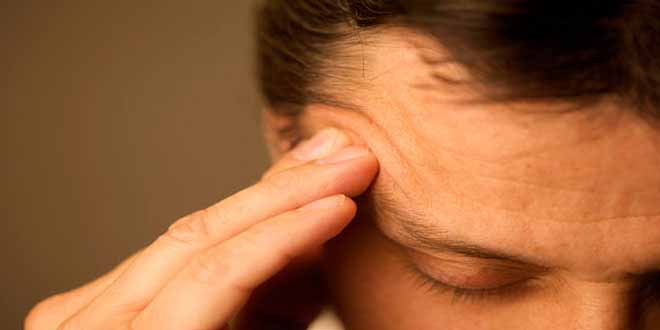
The Connection Between Food and Headaches
A vast majority of people suffer from headaches on a routine basis. For some, headaches are linked to stress or sleep deprivation, for others the causes may be linked to a medical condition. On the headache spectrum, migraines often clock in as the most agonizing and prolonged of all headache types. For most headache sufferers, the go-to remedy ranges from painkillers to catching up on sleep to head massages, among others. Not many people realize that food choices can also have a profound impact on the frequency and severity of headaches. This article highlights the foods that have been found to act as headache triggers and those that are believed to work as headache relievers.
Can Foods Act As Headache Triggers?
Pinpointing specific foods that cause headaches is not easy. This is a subject that experts have yet to reach a conclusion on. Research has been carried out on the possible link between several foods and subsequent headaches, and the results have always been varied. The best way to identify whether your headache or migraine is caused by a certain food item is to note down the food you have consumed a few hours prior to the headache. Over time, if you notice the development of a pattern, eliminate the food item from your diet and keep an eye out for a change in headache or migraine frequencies.
In general, research has found that overconsumption of coffee, some varieties of aged cheese, monosodium glutamate (MSG) which is found in soy sauce, and preservatives in processed foods, have all led to headaches in varying percentages of people. Additionally, some research also suggests that there’s a link between magnesium deficiency and migraines.
Foods That Soothe Headaches
These foods have certain natural compounds that facilitate the alleviation of headaches. Migraines are quite tricky to handle since they often vary from person to person in severity and duration. However, migraine sufferers can experiment with these foods, after their doctor’s approval of course, to ascertain whether they have a soothing effect or not.
Watermelon:
Dehydration causes headaches more often than most of us realize. With a super high water proportion, this fruit is adequately equipped to replenish your internal water content and ease your pain.
Whole-grain Foods:
Those who follow a low-carbohydrate diet may be more susceptible to suffering from headaches. Carbohydrates supply most of the energy required by the brain to function optimally. Any lack thereof leads to depletion in glycogen which in turn causes loss of body fluids and consequently triggers a dehydration-like effect in the body. Incorporate healthy sources of carbs in your diet such as whole-wheat foods, oatmeal and fresh fruit to prevent unnecessary headaches.
Almonds:
Almonds have been credited with soothing headaches through their ability to relax blood vessels. This has been linked to the high magnesium content of almonds. Magnesium-rich foods are also recommended for migraine sufferers. Other magnesium-rich foods include cashew nuts, legumes, seeds, brown rice, and bananas.
Other Foods:
Scattered results have been obtained for the positive effects of yoghurt, sesame seeds, spinach, and baked potatoes.
The Takeaway
Keep in mind that while these foods may affect others in a certain way, they may not have the same impact on you. To find out more about the reasons behind your headache spells, consult your doctor and discuss possible dietary modifications that you can try out. As always, take care and stay healthy!

